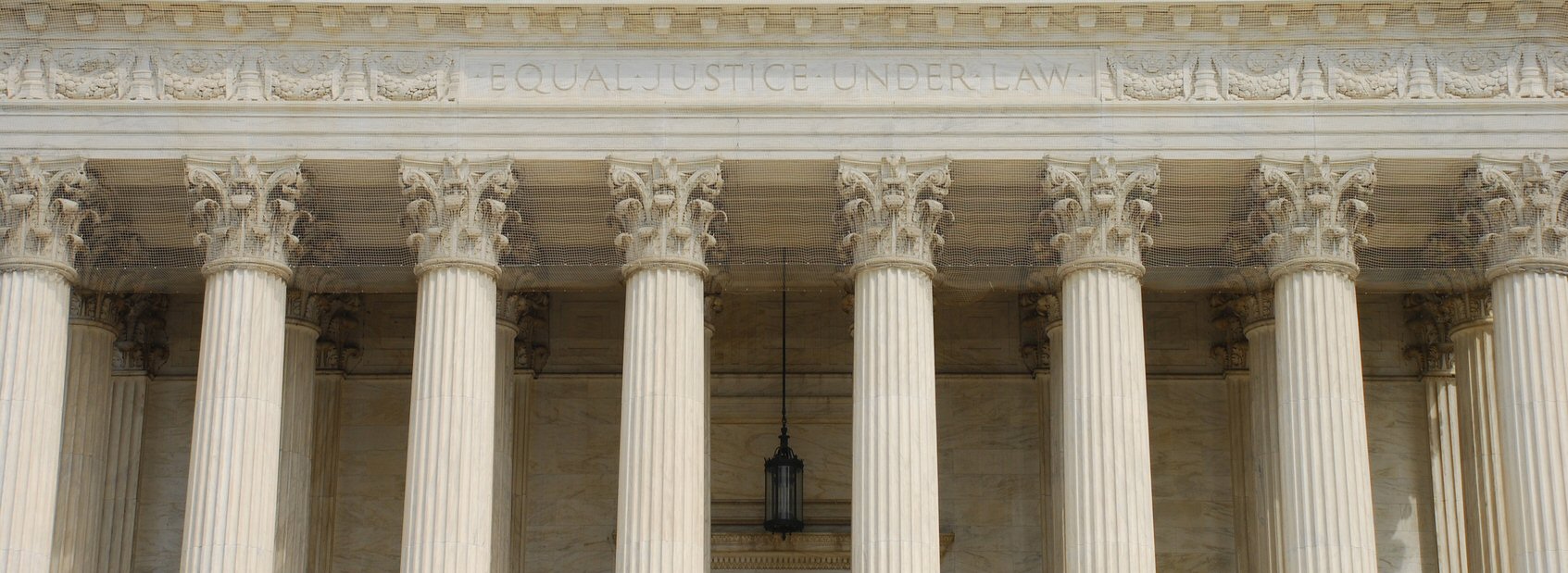Position Statement – 2012
A.85
Emergency Contraception
Support
The Women’s Bar Association of the State of New York (WBASNY) strongly supports A85 and urges passage of this important legislation which would amend the Education Law, the Insurance Law and the Public Health Law, in relation to providing for dispensing emergency contraception under certain conditions. Importantly, the legislation would help to reduce the number of unintended pregnancies in New York State by authorizing registered professional nurses and pharmacists to dispense emergency contraception for self-administration by the patient and permitting licensed midwifes to the list of providers authorized to prescribe or order emergency contraception.
The legislation prohibits a pharmacist from dispensing emergency contraception without special drug therapy education training. The bill also requires the pharmacist to have formal continuing education and training in emergency contraception, in accordance with regulations of the commissioner. It provides that the dispensing of emergency contraception by a licensed pharmacist or registered professional nurse be done in accordance with professional standards of practice and written procedures and protocols.
The bill requires that written materials be developed or approved by the commissioner in consultation with the Department of Health and the American College of Obstetricians and Gynecologists. The pharmacist or registered professional nurse cannot dispense emergency contraception to a patient without providing the patient with written materials to advise her, among other things, about clinical considerations, methods for use, need for follow up care, risks of unprotected intercourse, and referral information for services relating to sexual abuse and domestic violence. A prescriber of emergency contraception must have a practice site in the county in which the medication is administered or dispensed, and emergency contraception shall only be dispensed to a female individual and in a quantity for a single course of treatment.
Emergency contraception can prevent as many as 1.7 million of the 3 million unintended pregnancies that occur each year in the United States. Emergency contraception prevented 51 thousand abortions in 2000 and the increased use of emergency contraception could be responsible for up to 43% of the 11% decline in abortion rates between 1994 and 2000. It is crucial that women have easy access to these highly effective and safe methods of pregnancy prevention. Emergency contraception is a higher dosage of standard birth control pills that serve to prevent pregnancy after unprotected intercourse. If taken within 72 hours, studies have shown the risk of pregnancy can be reduced by up to 89%. It is almost 7 times more effective if taken within the first 24 hours of unprotected intercourse. And, the United States Food and Drug Administration (“FDA”) has declared emergency contraception to be safe and effective when used in time and approved its use over the counter in 2001. Emergency contraception will not cause an abortion; it is not the same as RU-486. Moreover, by having emergency contraception available through New York pharmacies and registered professional nurses, the American College of Obstetricians and Gynecologists estimates that the number of abortions could be cut in half.
Under the current New York law, women face barriers in accessing emergency contraception, as the law requires that a traditionally licensed source, such as a physician or certified nurse practitioner, prescribe the emergency contraception. The bill would add licenses midwifes to the list and further allow New York State Pharmacists and Registered Nurses to dispense emergency contraception from a non-patient specific order written by either a licensed physician, certified nurse practitioner or a licensed midwife, bypassing the frequent difficulties encountered in obtaining medical appointments at offices with limited hours, long waits or inconvenient locations. This bill will significantly increase women’s access to emergency contraception by allowing physicians, nurse practitioners and midwives to work in concert with the pharmacist.
Opponents of this legislation argue that it will allow emergency contraception to be used indiscriminately and incorrectly by teenagers and others as if it were normal contraception, and will encourage promiscuity. We disagree.
WBASNY, with over 3,500 members from eighteen chapters across the State, is the largest statewide bar association dedicated to promoting the advancement of women in the legal profession and in society. Our mission commits us to improving the status of all women, and WBASNY addresses complex legal issues as we advocate for change for women and children throughout the state, and promote the fair and equal administration of justice for all. Members of WBASNY include individuals from all levels of the state and federal benches, as well as prominent attorneys practicing in all areas of the law, educators and government leaders.
WBASNY strongly supports passage of this important legislation.

